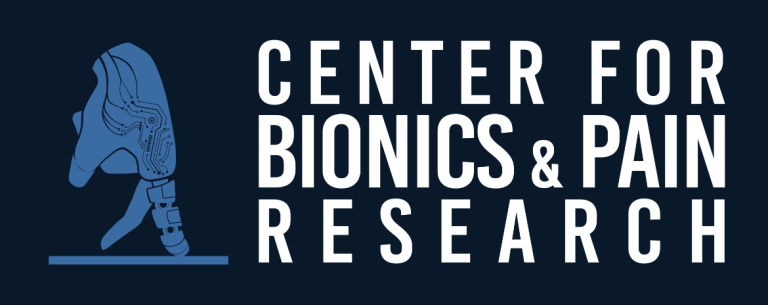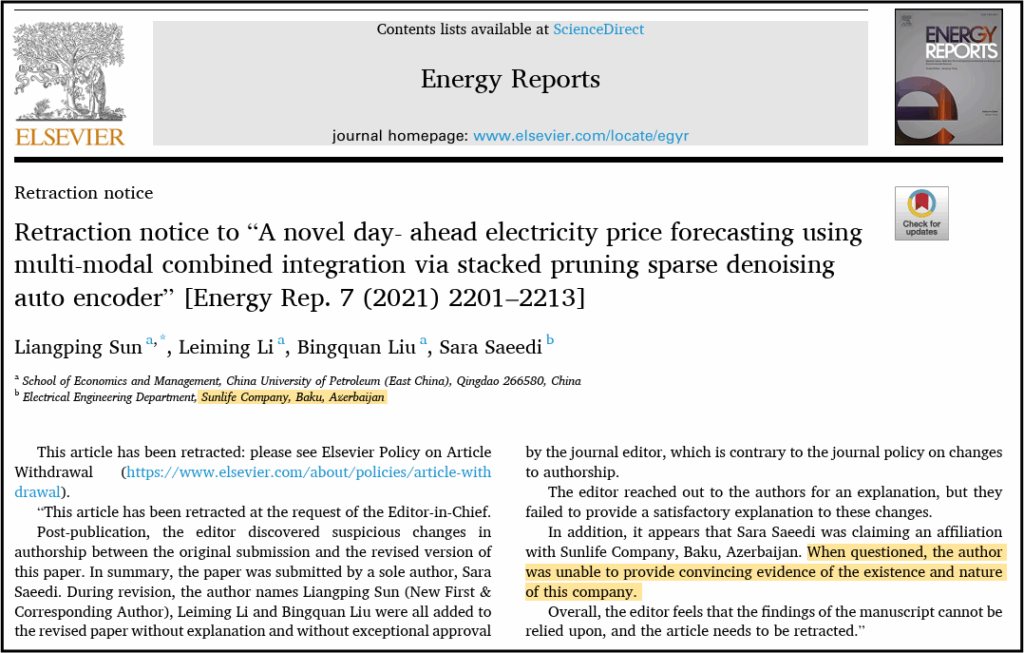Just as a Harvard lab brought in tens of millions of dollars in private equity funding to pursue new treatments for obesity, past research from its lead investigator has come under fresh scrutiny.
Last month, the lab of Gökhan Hotamışlıgil, a professor of genetics and metabolism at Harvard’s T.H. Chan School of Public Health, secured a $39 million dollar investment from İş Private Equity, an Istanbul-based firm. The partnership centers on FABP4, a protein associated with obesity and other metabolic conditions.
But over the past decades, two of Hotamışlıgil’s papers have been corrected for image duplications, and since the announcement, renewed scrutiny of Hotamışlıgil’s work appeared on PubPeer, including for issues with statistical analyses.
Continue reading Harvard researcher’s work faces scrutiny after private equity deal








